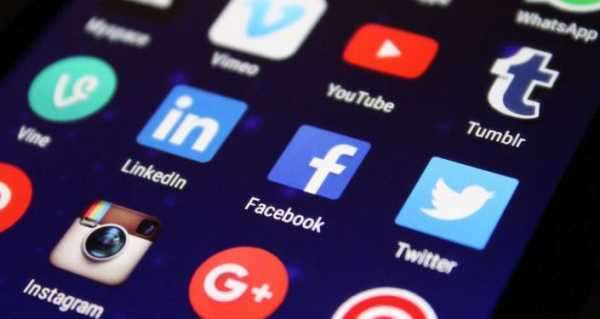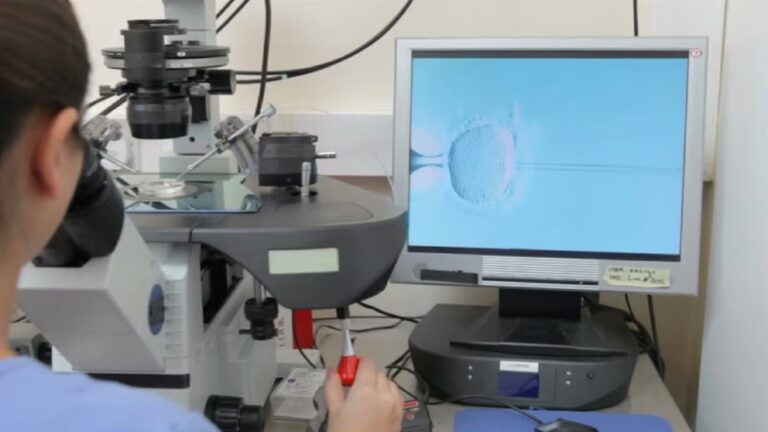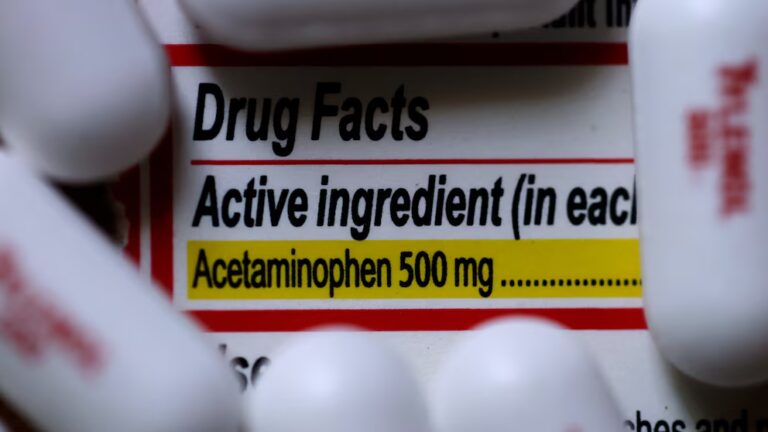
Since the onset of the COVID-19 pandemic, the US has experienced a multitude of setbacks that range from a stunted economy, struggling public health infrastructure and a problematic vaccine delivery system. To date, the US has documented over 24.5 million COVID-19 cases as the deadly virus has claimed the lives of more than 400,000 Americans.
At present, the US Food and Drug Administration has only issued two emergency use of authorizations for COVID-19 vaccines produced by companies Pfizer-BioNTech and Moderna, and has managed to distribute the candidates’ two-part doses under the Trump administration-launched Operation Warp Speed.
Launched during the height of the deadly outbreak last year, the Trump administration’s pet project was touted as the next big accomplishment by the US; however, the program has not been without its challenges. At the time, government officials stated 20 million Americans could be vaccinated by the end of 2020, with another 30 million receiving their first dose by the end of January 2021, but ultimately neither of those goals were made on time despite the multibillion-dollar effort.
The US’ ongoing distribution effort has been largely supported by a variety of government agencies and private companies such as Amazon and computer software company Oracle, among other entities.
Amazon Extends Help to Biden Mission, But Raises Questions
Prominent e-commerce firm Amazon recently joined the growing group of big tech companies to throw their support behind the US’ vaccine rollout plans after it was revealed that Dave Clark, the incoming chief executive officer of Amazon’s retail unit, offered a helping hand in Biden’s 100-day mission.
In a Wednesday letter to Biden, Clark congratulated both the president and Vice President Kamala Harris on their new posts, before informing the pair that the company was willing to provide its operational reach to “make a meaningful impact” on the administration’s vaccination push.

Inauguration of Joe Biden as the 46th President of the United States
It’s unclear if the Biden administration has responded to the offer and will be tapping on the tech giant’s logistical resources to help in the vaccine distribution program.
Acknowledging Amazon’s vast delivery abilities, Charles Elson, a professor of corporate governance at the University of Delaware, says that while the e-commerce site has an “excellent supply chain” it’s uncertain how well its efforts may go down.
“The offer is certainly generous and helpful,” Elson said, but, “the question is, why wasn’t it [made] earlier?”
Incidentally, in response to reports of Amazon’s letter, two senior Trump administration officials were quick to bash the development, telling Fox Business that Amazon officials had never made such a direct offer to the former commander-in-chief, although the company had maintained communication with the CDC on the matter.

Health Care workers receive the Pfizer-BioNTech COVID-19 Vaccine in Florida
Richie Greenberg, political commentator and business adviser who made a bid in 2018 to become San Francisco’s next mayor, says that Amazon’s sudden shift raises “more questions than it answers.”
However, aside from the offer itself, Greenberg underscores it’s also unclear if Amazon is “going to make a difference” when you consider just how few vaccines have been administered and how many doses are still sitting in storage.
The latest data from the US’ Centers for Disease Control and Prevention (CDC) indicate about 36 million vaccine doses have been distributed, while just 16.5 million doses have been administered. Only 2.1 million Americans have received the two required doses of either of the vaccines.
Microsoft, Oracle & Salesforce to Develop Vaccine Passport
Anticipating a measure by airlines, companies and governments around the world to prove that individuals have been inoculated against SARS-CoV-2, the virus that causes COVID-19, a coalition of health and big tech companies have joined forces to create a digital immunization passport.
The program, known as the Vaccination Credential Initiative (VCI), includes the participation of tech companies Microsoft, Salesforce and Oracle in addition to health care agencies Mayo Clinic, and Change Healthcare.

This Aug. 24, 1995 file photo shows Microsoft Chairman Bill Gates sitting on stage during a video portion of the Windows 95 Launch Event, on the company’s campus in Redmond, Washington
The group also intends to develop a new standard for confirming whether an individual has or has not been inoculated against the deadly virus. Paul Meyer, CEO of the Commons Project Foundation – a coalition participant, said in a statement accompanying the release that the goal for the initiative is to provide helpful tools allowing for the safe “return to travel, work, school, and life.”
For its part, Oracle also donated a national electronic health record database and a management application to the US government so that it could manage the distribution of the approved COVID-19 vaccines. Similarly, Microsoft followed suit with the deployment of its own management systems.
Salesforce Helps Deliver 2 Billion Vaccines, Provides Management Platform
Prior to joining the VCI project, software company Salesforce announced in mid-December that it would be partnering with global health firm Gavi, the Vaccine Alliance as part of a global push to distribute approximately 2 billion COVID-19 vaccines to 190 countries by the end of 2021.
Salesforce’s contribution to the measure will see the software company use its cloud technology to power the alliance’s country engagement platform that will allow nations to “communicate and share information, such as vaccine requirements and access reports.”

FILE PHOTO: Boxes containing the Moderna COVID-19 vaccine are prepared to be shipped at the McKesson distribution center in Olive Branch, Mississippi, U.S. December 20, 2020
Additionally, Salesforce has also launched Work.com for Vaccines, a vaccine management solution helping governments and health care organizations efficiently manage vaccine programs at a larger scale. Specifically, the site allows officials to better coordinate vaccine appointments, registration, inventory and even outreach initiatives.
Google Shells Out Benjamins, Helps Bolster Vaccine Intel
Search engine giant Google has also chipped in on the massive vaccine rollout effort by using its cloud services to help with vaccine intelligence and by donating millions in support of relief efforts and government organizations.
The company noted in a blogpost that it has used its Google Cloud service to help US government agencies “solve critical citizen service delivery issues,” and more specifically, build an improved platform to expand telehealth capabilities across the nation.

Logo of Google on the front door of the new Google European tech center in Zurich, Switzerland
Google has also introduced its Healthcare Consent Management API to give health professionals a manner in which to better “manage individuals’ consent of their health data.” The company notes that the program offers an assurance to officials that makes it easier to meet existing and emerging consent frameworks.
Social Media Clamps Down on Vaccine Misinformation
Aside from Google’s efforts, three of the largest social networks – Facebook, YouTube and Twitter – announced last November that they would work with fact-checkers, governments and researchers to tackle vaccine misinformation head-on.
The initiative, started by British fact-checking charity Full Fact, aims to establish a set of standards to combat misinformation as well as crafting rules that would ultimately hold organizations responsible for failing to keep up their end of the bargain.

FILE PHOTO: Facebook logos
Early on in the pandemic, governing agencies, such as the European Union, called on US tech giants to produce monthly reports that included “detailed data” on how they were specifically tackling misinformation. The prime targets of the push were Google, Facebook and Twitter.
Sourse: sputniknews.com






